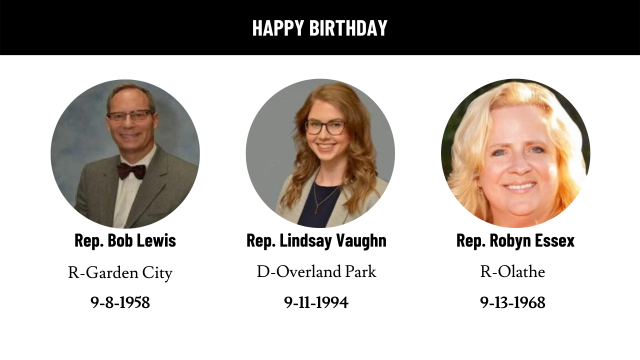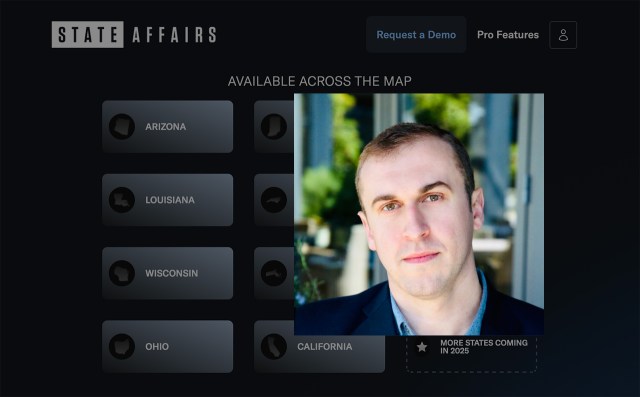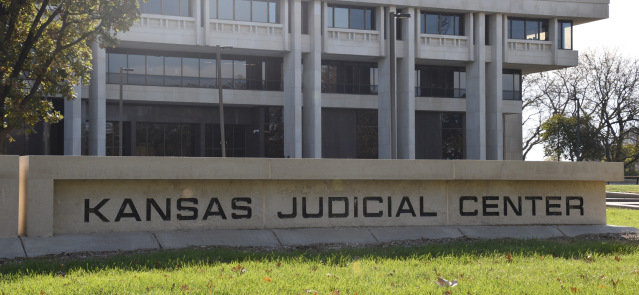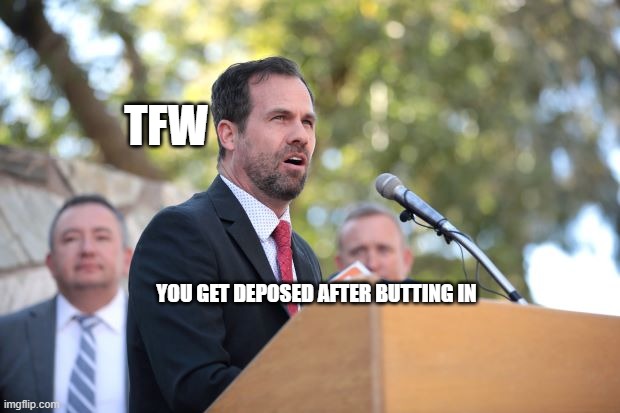The more things change, the more they stay the same.
The once-hallowed halls of the Docking State Office Building have been gutted, but some of the building’s decades-old nostalgia will make a triumphant return next summer.
After a winding process involving Gov. Laura Kelly, former Gov. Sam Brownback and the Legislature, a decision was made to reconfigure the 1950s-era building to four floors from its original 14-story structure.
Demolition began in January 2023 and the project is on track to be completed by summer 2025, according to the project’s executive manager, Jim Keusler, of Wichita-based Hutton. Additionally, the project’s manpower includes 125 workers on site.
“The Docking State Office Building reconstruction project will celebrate the Docking Building’s design legacy as a forward thinking and contemporary design of its time by utilizing advanced design and engineering strategies to achieve energy conservation, improved building comfort, and longevity,” according to a news release from the state Department of Administration.
Preservation element
A key feature of the renovation is preservation of materials from the building prior to its demolition. The blueprint calls for “reused and recycled materials” to be incorporated into the renovated structure. The materials set for reuse include limestone from the building’s exterior, greenstone that was present in the building’s window systems, granite, marble and glass.
“Taking apart the building, preserving all those materials and then incorporating them has been a unique challenge that is not typical for a lot of projects,” Keusler said.
Keusler noted glass from the older windows will be ground and used as part of the flooring. He added that preservation of the materials was “definitely preferred” by Kelly and others in the legislative orbit as “part of their decision to move forward with the project.”
“It was stated as a goal for the project for as long as I’ve been involved with it,” he said. “I would call it ‘nostalgia’ in the sense that we’re trying to preserve the history of the old building as we develop and build the new building.”
The preservation and repurposing process, Keusler said, entailed piece-by-piece disassembly of the structure in reverse order of its original construction.
“We were trying to save so many materials and reconnect the original building’s steel and foundation,” he said. “I would classify it as a specialized deconstruction process and not necessarily a demolition process.”
The materials were palletized and shrink-wrapped after removal from the building. They were then sent to fabrication plants to be “resized, refinished and sent back to the site.”
Despite the complexity of the process, Keusler said his team avoided damaging any of the materials.
He estimated the project is roughly 60% complete and said the structure should eventually look like “a modern office building with nice new office spaces and extensive glass for sunlight.”
“All of those good properties,” Keusler said.
As for the original structure, the multi-story basement levels were retained. Equipment used by energy plant operators in the basement before construction remained operational throughout the demolition process, Keusler said.
He said that the project doesn’t expand parking space but that the underground tunnel leading to the Statehouse remains intact. He added that the new structure has the same footprint as the original.
“It looks similar, but it’s not similar,” he said. “It’s been modernized and really updated.”
Project scope
After years of debate over the building’s fate, the Legislature in 2022 earmarked $120 million in expenditures to reconfigure and renovate the building. The funding was allocated for fiscal years 2022, ’23 and ’24 and split evenly between the State General Fund and Kansas’ American Rescue Plan Act relief fund.
The Department of Administration has since adjusted funding, tacking on $19 million to bring the project total to $139 million.
As the Legislative Budget Committee learned Wednesday, roughly $4.96 million of $60 million allocated from the State General Fund was reappropriated from fiscal year 2024 to ’25. According to the information obtained from the Legislative Research Department, approximately $5 million remained in the account that the Department of Administration had anticipated spending before the end of the fiscal year. But because of project timing issues identified by the Department of Administration, $4.96 million remained in the account at the conclusion of fiscal year 2024. Thus, the funds were reappropriated to the following year.
Additionally, the administration department made a $19 million transfer from the federal dollars appropriated for the project’s overall renovation. Those funds, according to the Legislative Research Department, are for the project’s overall renovation and were generated from interest gained from American Recuse Plan money. The research department initially estimated the figure to be around $17 million, which was also a point of contention during the recent budget committing meeting.
Rep. Henry Helgerson, D-Eastborough, told State Affairs the $19 million was for “furniture and equipment” purchases, but he expressed concern because the funding wasn’t appropriated by the Legislature.
To this point, Keusler said the project’s timeline has experienced “minor” disruptions, mainly supply chain issues related to obtaining items such as electrical switch gears, which Keusler said are expected to arrive in October.
“It’s nothing we haven’t been able to overcome,” he said.
Sen. J.R. Claeys, R-Salina, said his “fingerprints were all over” the project’s blueprint. He said the proposals for the building’s fate ranged from repurposing it to condos to leveling the structure, while leaving the energy center underground.
“You kind of have to go through all the bad ideas just to get them out of the way,” he said. “Initially, what we were looking at was maintaining a certain portion of the building, and building a new floor on top.”
Claeys said after receiving cost estimates for that plan, “it made way more sense to just raze it to the basement level.”
“It turned out to be a pretty good plan that will serve the interest of Kansans over time,” he said.
Kelly is also pleased with the building’s outlook, adding that since its opening in 1957, it has served Kansans well.
“The new Docking Building is taking us to a brighter future for our state government and the people we serve,” she said in January in comments celebrating the reconstruction of the building. “Soon, we’ll be able to see what this structure will look like when complete — forward-looking and modern, hosting an exhibition space, a café, a gym, a health clinic and even an events center.”
The structure, originally called the Kansas State Office Building, was renamed in 1987 in honor of former Gov. Robert Docking.
Matt Resnick is a statehouse reporter at State Affairs Pro Kansas/Hawver’s Capitol Report. Reach him at [email protected]









